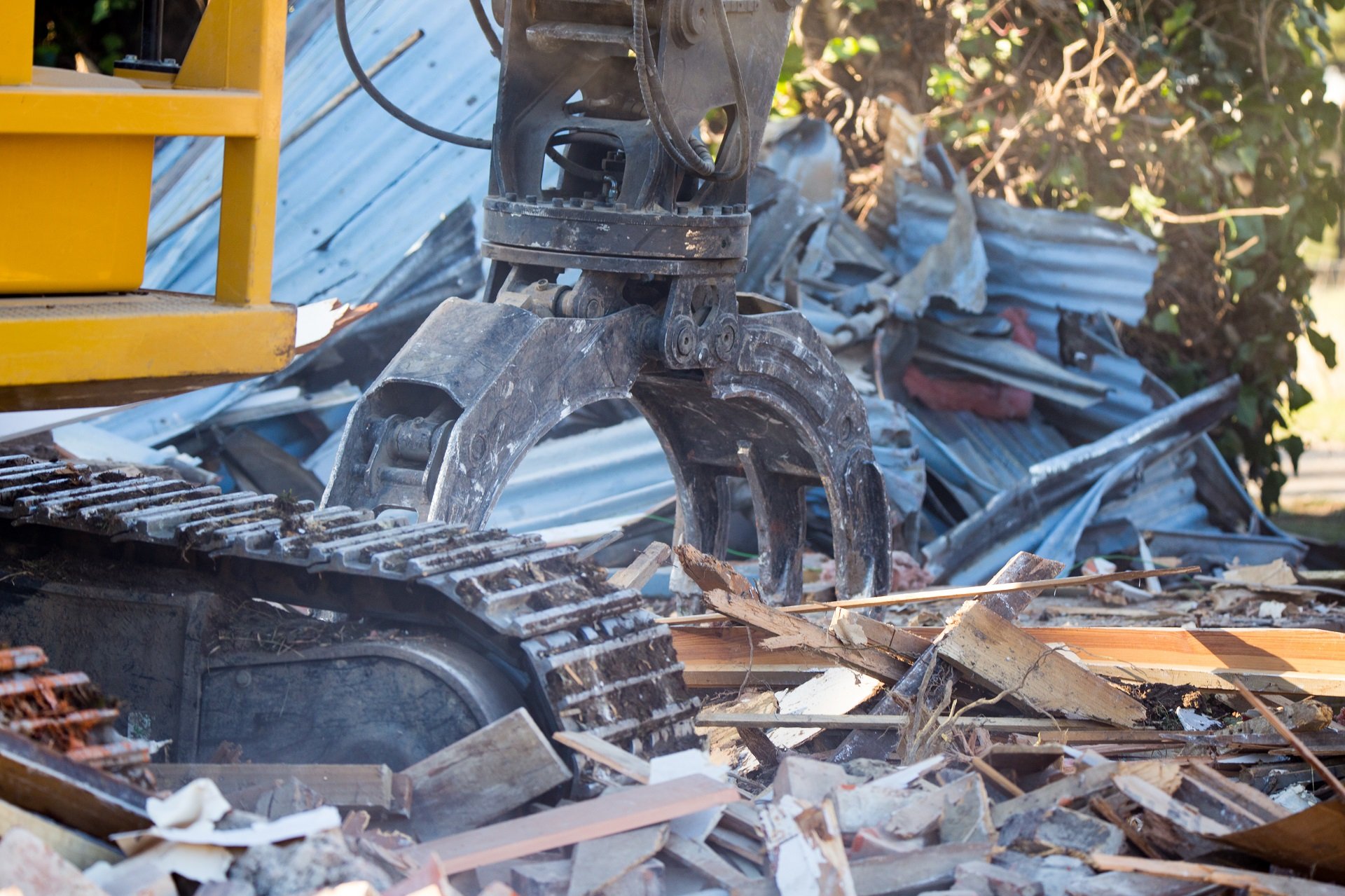Addressing Embodied Carbon in Homestar Buildings
As the world grapples with the effects of climate change, the construction industry is under the spotlight for its big role in global carbon emissions.
How Siecap can assist NZ Homeowners and Residential Developers unlock the Benefits of Homestar
Homestar presents an exceptional opportunity for NZ homeowners and residential developers to create sustainable, energy-efficient, and attractive properties. Siecap is dedicated to assisting you in unlocking the full benefits of Homestar, whether you seek cost savings, increased property value, market differentiation, or a greener and healthier living environment.
Maximising Productivity: How Project Managers Drive Efficiency and Cost-Effectiveness in Construction Projects
In the dynamic construction industry of New Zealand, project managers play a crucial role in optimising productivity, streamlining operations, and ensuring cost-effectiveness. Construction projects are essentially social enterprises and with their people skills, technical knowledge and implementation skills, project managers oversee all aspects of construction projects, leveraging available resources to drive efficiency and achieve project objectives.
Promoting ESG Performance in Industrial Projects
By embracing ESG considerations, organizations can proactively address environmental concerns, fulfil social responsibilities, and uphold robust governance practices.
Driving Transparency and Accountability: The Benefits of Carbon Inventory Verification
As organizations increasingly recognize the need to address climate change and reduce their carbon footprint, accurate measurement and reporting of greenhouse gas emissions become paramount. Carbon inventory verification plays a vital role in ensuring transparency and accountability in this process.
ISO 14064 and Carbon Inventories: A Roadmap to Sustainable Accountability
ISO 14064 provides a robust framework for organizations to measure, report, and verify their greenhouse gas emissions, enabling effective decision-making and promoting environmental stewardship.
Water Conservation and Management from a Greenstar and Homestar Perspective
Water is a precious resource, and sustainable building practices aim to minimize its consumption, reduce wastage, and promote its responsible management.
From Planning to Execution: Differentiating Project Management from Construction Management
Behind the scenes of any construction project lies a symphony of carefully orchestrated activities and countless decisions. At the helm of this intricate operation are project managers and construction managers, each wielding their expertise to ensure the project's success.
Stormwater and Wastewater Management in New Zealand
New Zealand is known for its stunning natural beauty, but with that beauty comes a responsibility to protect the environment. One crucial aspect of this responsibility is the management of stormwater and wastewater.
Integrated Simulation
Siecap understands that in order to remain competitive and profitable, it is essential that operations have all their processes, logistics and integrated supply chains operating at the maximum efficiency and this is where the use of integrated simulation.
Waste to Energy
Despite our green image in Aotearoa New Zealand, our municipal waste to landfill has increased by 48% in the last decade. Reduction of waste to landfill should be central to our sustainability journey with Municipal Solid Waste (MSW) being seen as a resource rather than something requiring disposal.
Construction & Demolition Waste to Landfill in NZ
According to the NZ Ministry for the Environment, the construction and demolition industry contributes up to 50% of all landfill waste in Aotearoa, New Zealand. An estimated 13% of all construction materials ordered, are discarded or remain unused eventually ending up in landfills.
Addressing Sustainability in Procurement
The environmental and social footprint of an organisation extends far beyond its own boundaries. Indirect, scope 3, emissions across an organisation’s supply chains can contribute anything from 80 to 90 percent of their total GHG emissions.
Wastewater Treatment Plants and GHG Emissions
Wastewater treatment and discharge were only estimated to contribute around 0.4% of New Zealand’s national emissions. However, organisations operating wastewater treatment plants the GHG emissions associated with wastewater and sludge treatment can form a substantial portion of their specific carbon inventory
The Importance of Carbon Reduction!
Significantly reducing Carbon emissions will impact all businesses in some way or another, requiring a complete rethink in decisions, projects and the way we do business.















